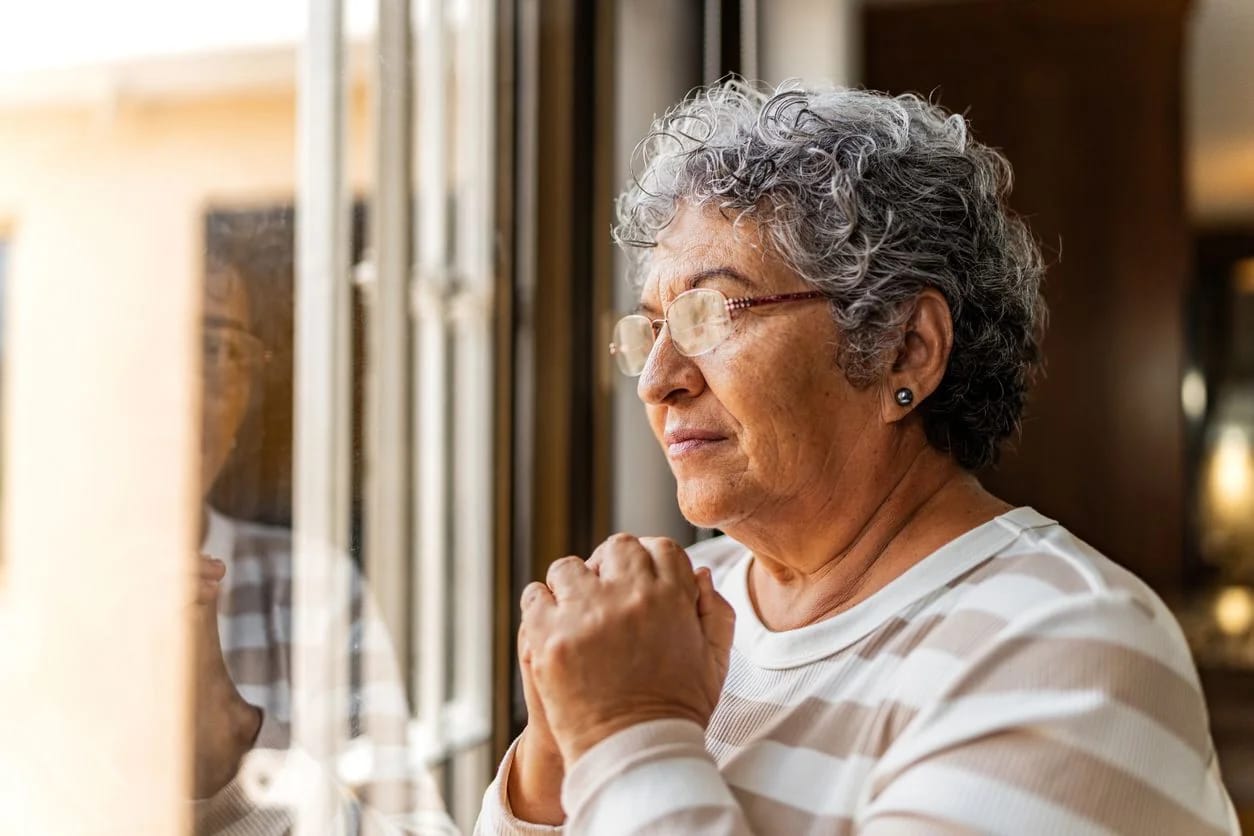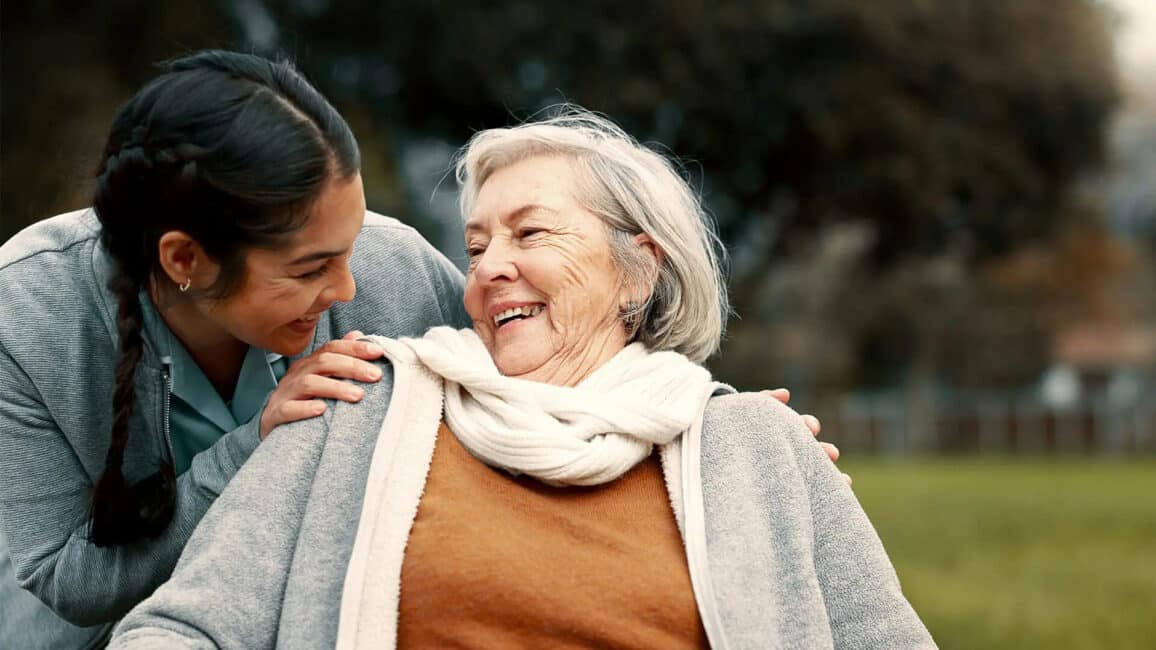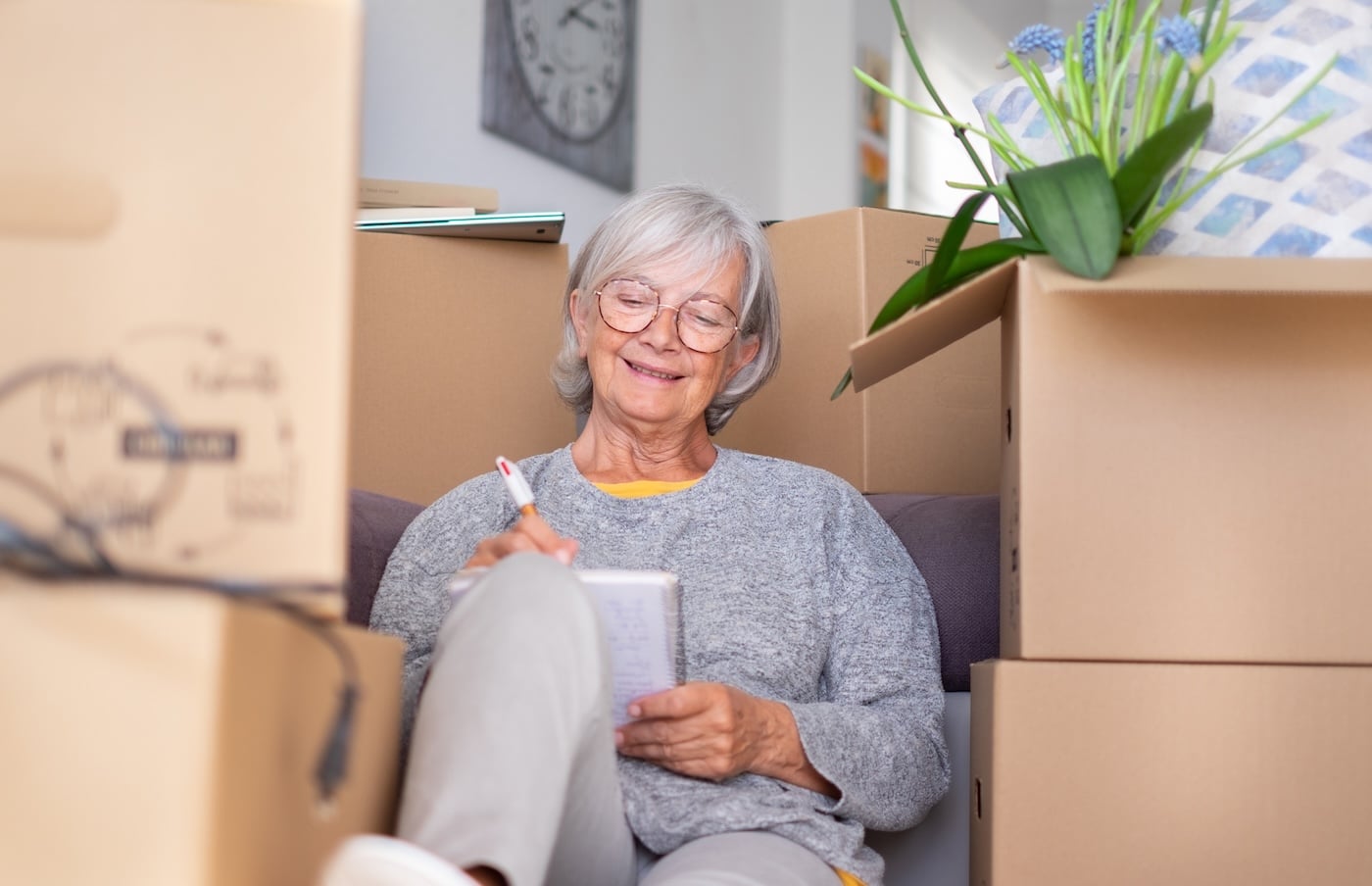Understanding Anxiety in Seniors

Anxiety in seniors is a common but often overlooked issue, affecting many older adults as they navigate the changes that come with aging. Concerns about health, financial stability, or shifts in daily routines are natural, but when these worries become persistent, excessive, or difficult to control, they may indicate an anxiety disorder rather than normal age-related concerns.
Unlike everyday stress or occasional nervousness, anxiety disorders can significantly interfere with daily activities, social interactions, and overall well-being. Left unaddressed, elderly anxiety can contribute to physical health issues, increased isolation, and a reduced quality of life.
Recognizing the signs of anxiety in seniors is essential, as timely intervention can help maintain both mental and physical health, allowing older adults to enjoy a more fulfilling and balanced life.
Common Causes of Anxiety in Seniors
Several factors contribute to anxiety in older people, including:
- Health-related concerns – Chronic illnesses, mobility issues, and cognitive decline can increase feelings of uncertainty.
- Financial insecurity – Worries about retirement savings, medical expenses, and long-term care can lead to stress.
- Social isolation – Losing friends or family members, or experiencing reduced mobility, can result in loneliness.
- Loss of independence – Changes such as moving to assisted living or needing help with daily tasks can trigger anxiety.
- Grief – The emotional toll of losing loved ones can lead to heightened anxiety in old age.
- Medication side effects – Certain medications can contribute to anxiety symptoms in seniors.
- Uncertainty about the future – The fear of losing autonomy, facing the unknown, or concerns about future health challenges can cause anxiety in older adults.
Recognizing these causes of anxiety in older people helps families and caregivers provide the support seniors need to maintain their well-being.
Types of Anxiety Disorders in Seniors
Anxiety can manifest in different forms, including:
- Generalized Anxiety Disorder (GAD): Persistent, excessive worry, restlessness, and difficulty concentrating.
- Panic Disorder: Sudden bouts of overwhelming fear, often accompanied by rapid heartbeat and difficulty breathing.
- Phobias: Fear of specific situations, such as social anxiety or fear of falling.
- Obsessive-Compulsive Disorder (OCD): Repetitive behaviors or intrusive thoughts that interfere with daily life.
- Post-Traumatic Stress Disorder (PTSD): Anxiety stemming from past traumatic experiences.
Understanding the different types of anxiety disorders in seniors can help with early identification and proper treatment, improving their overall quality of life.
Signs and Symptoms of Anxiety in Older Adults
Recognizing old-age anxiety symptoms is key to early intervention. These may include:
- Physical symptoms: Trembling, sweating, rapid heartbeat, headaches, nausea.
- Behavioral symptoms: Avoiding social activities, withdrawing from family and friends.
- Emotional symptoms: Excessive worry, irritability, mood swings.
- Cognitive symptoms: Confusion, forgetfulness, obsessive thoughts.
- Sleep disturbances: Difficulty sleeping or changes in appetite.
Identifying anxiety symptoms in seniors early can help them get the support they need. Spotting these signs can lead to better treatment and an improved quality of life.
How Anxiety Impacts Seniors’ Health
Left untreated, anxiety can contribute to:
- Increased risk of heart disease, stroke, and memory disorders like dementia.
- A lower quality of life and reduced independence.
- Greater likelihood of depression and other mental health conditions.
If left untreated, anxiety can take a serious toll on both mental and physical health. Managing anxiety early can help seniors stay healthier, more independent, and enjoy a better quality of life.

Managing and Treating Anxiety in Elderly People
Old age and anxiety often go hand in hand, but effective treatments can help seniors maintain emotional well-being. Anxiety and aging don’t have to mean a diminished quality of life – proactive steps can make a significant difference.
Since anxiety can increase with age due to health changes, social shifts, and other stressors, it’s essential to implement strategies for managing symptoms. There are various ways to manage and treat anxiety in old age, including:
- Therapy and Counseling: Cognitive Behavioral Therapy (CBT) and other evidence-based approaches help seniors develop coping mechanisms and reframe anxious thoughts.
- Medication: Low-dose, senior-friendly prescriptions may be prescribed for anxiety management, particularly when symptoms interfere with daily life. A healthcare provider can recommend the safest options for anxiety treatment for elderly individuals.
- Lifestyle Adjustments:
- Regular exercise to reduce stress and improve mood.
- A healthy diet rich in brain-supporting nutrients to support overall mental health.
- Mindfulness techniques such as meditation or deep breathing to promote relaxation.
- Staying socially active through clubs, volunteering, or community activities to combat loneliness and isolation.
- For seniors facing increasing anxiety or struggling to manage daily tasks, transitioning to senior living can offer a supportive environment with structured activities, social connections, and professional care tailored to individual needs.
- Support Systems: Family, caregivers, and community resources play a vital role in helping seniors manage anxiety, providing reassurance and emotional support.
By addressing anxiety in aging adults with the right combination of treatments, seniors can lead fulfilling and engaged lives.
When To Seek Professional Help
If anxiety begins to interfere with daily life, it’s important to seek professional help. Speaking with a doctor or mental health professional can provide clarity on treatment options. Encouraging open conversations about mental health in aging adults can also reduce stigma and promote well-being.

Cascade Living Group: Compassionate Care in Welcoming Communities
Anxiety in seniors is treatable, and no one should suffer in silence. Whether through therapy, medication, or lifestyle changes, there are many effective ways to manage anxiety and improve quality of life.
At Cascade Living Group, we understand that anxiety in seniors can be challenging, but no one should have to face it alone. Our senior living communities provide a supportive and welcoming environment where older adults can feel safe, engaged, and cared for.
With compassionate staff, enriching social opportunities, and personalized wellness programs, we help residents manage anxiety and enjoy a fulfilling lifestyle. As part of a comprehensive senior living plan, we prioritize mental and emotional well-being alongside physical health.
If you or a loved one is struggling with elderly anxiety, reach out to find the closest community near you – it’s never too late to find relief and peace of mind.


